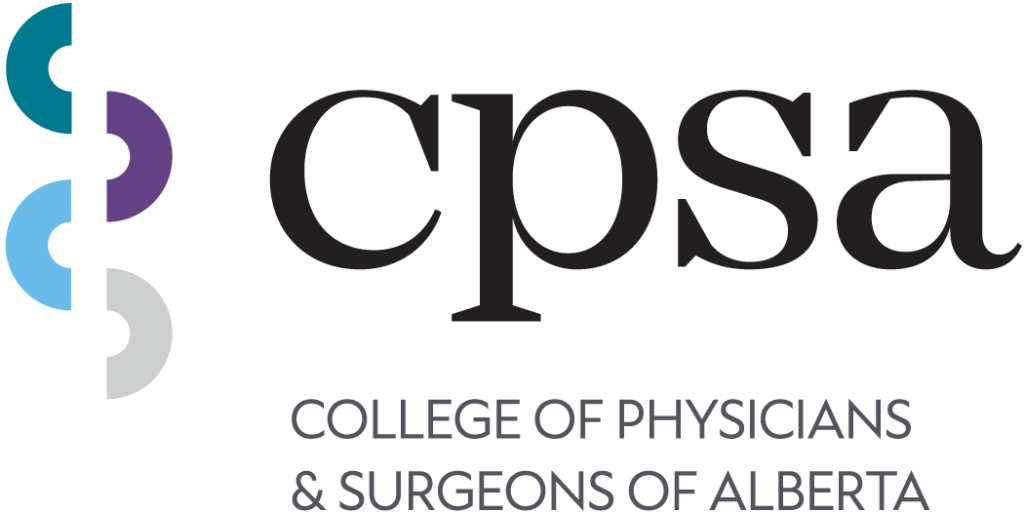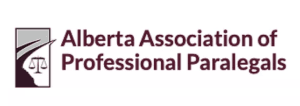
A results-oriented Contract Management leader with 10+ years of experience across the full contract lifecycle—drafting, strategic management, and practical application—in sectors including mining, energy, finance, and technology. Joánri has handled agreements from daily operational needs to complex, multi-year master contracts exceeding a billion dollars. Now, she applies this expertise to guide individuals and businesses through contract disputes, optimization, and implementation.
Contracts form the basis of commercial interaction, setting out the framework for collaboration and mutual benefit. However, even with careful planning, disagreements are a natural part of doing business. The real strength of a solid agreement lies not in avoiding disputes altogether, but in having effective ways to deal with them constructively.
Progressive dispute resolution clauses offer just that – a structured, step-by-step approach to resolving conflicts that can encourage communication, maintain relationships, and ultimately lead to more efficient and mutually beneficial results. This structured approach recognises that not all disagreements require the same level of intervention, often allowing minor issues to be resolved quickly through initial, informal discussions at the appropriate technical level.
The Multi-Layered Benefits of a Progressive Approach
Benefits for the Contracting Parties:
- Disputes as Part of the Agreement Lifecycle:
By acknowledging that disagreements are a natural part of the contract lifecycle and requiring initial discussions between appropriate personnel, progressive clauses prioritise direct communication and stop small disputes from becoming very big disputes unnecessarily. By requiring technical staff from the area in dispute to engage first, it can also foster a deeper understanding of the other party’s perspective and can lead to early, mutually agreeable solutions for emerging issues.
- Strategic Escalation with Enhanced Knowledge:
As disputes progress through defined stages, they involve individuals with increasing authority and a broader business understanding. This enables well-informed decisions as each escalation point decision-maker has the benefit of the information and outcomes gathered in the step before as well as their own knowledge and experience.
- Preserving the Foundation of Relationships:
By prioritising early-stage discussions and mediation, progressive clauses are designed to safeguard the ongoing relationship between the parties, particularly crucial in long-term collaborations where mutual trust is essential. The initial focus is on problem-solving rather than adversarial positions.
This approach can also support success during the contract lifecycle where the parties may have experienced turnover of key staff or teams. In those instances, past relationships and understanding of the agreements and applicable processes may have been lost in the shuffle, and by requiring the parties to re-engage progressively, what was lost can start to be rebuilt.
- Unlocking Creative and Tailored Solutions:
The staged approach often leads to a more nuanced and in-depth understanding of the underlying issues for all parties. This deeper insight can pave the way for creative, tailored, and mutually beneficial solutions that might not surface in a more confrontational environment.
Benefits for the ADR Professional:
- Enhanced Information:
By the time a dispute reaches mediation or arbitration, the parties will have already engaged in multiple rounds of discussion and negotiation. This thorough groundwork provides a much clearer technical understanding, understanding of the core issues for both the parties as well as the mediator or arbitrator, each party’s current position, and the potential broader impact of the dispute.
- Facilitating Focused and Productive Processes:
The enhanced knowledge gained from the progressive steps allows mediators to conduct more focused and productive sessions. For arbitrators, it can significantly streamline the arbitration process by clarifying the points of contention and the history of attempts at resolution.
- Innovative Solutions:
With the benefit of the progressive steps, the parties will also have been enabled to ‘test’ initial solutions to the current dispute and have a deeper understanding of why it may/ may not work. They may also then have more time to gain the benefit of the knowledge, experience, and insight of their technical staff to create more ‘creative’ and sustainable solutions.
Tailoring the Clause:
In contracting, as in life, a one-size-fits-all approach rarely works. Progressive clauses should be tailored to the specific needs of the contract and the industry involved. For example:
- Technology Agreements (SaaS, IaaS, Hardware, and Software Warranties etc.):
- Where the contract relates to very technical goods or services, including steps requiring technical experts to resolve issues related to performance or functionality initially can ensure they are addressed quickly and safely.
- Where these agreements require certain performance levels, the quick escalation of system failures, errors, breaches etc. allow technical leadership to identify recurring common problems and enable more comprehensive solutions to address those appropriately.
- Master Goods/ or Service Agreements (MGA, MGSA, MSA’s etc.):
- More complex agreements with multiple delivery lines and performance requirements for both parties may require more specific engagement points. In agreements like these, including a general progressive dispute resolution clause in the General Terms and then adding in and/ or specifying specific technical steps (and team member names, contact details etc.) within an applicable schedule will ensure that the overall agreement has a common dispute resolution approach, while also ensuring that teams dealing with one particular schedule only, have a clear path to easily follow day to day.
Practical Tips
When Drafting Effective Progressive Clauses:
- Clarity is Key: Use clear and unambiguous language to define each stage, the responsibilities of each party, and the timeframes involved with as little ‘jargon’ or ‘legalese’ as possible. The overall goal of the ADR clause is to enable the contract lifecycle by making disputes easy to address quickly and appropriately. The language further supports this by ensuring every team member who may need to use this process can easily understand and act within it.
- Define Roles:
- Specify the level of personnel required at each stage to ensure appropriate engagement.
- Where there may be a delegation of authority that applies, use the common titles of the positions the necessary delegation is with.
- This will likely be a clause used by both operational and technical staff members so ensure every team member that may need to use this process can easily understand and act within it.
- Set Realistic Timelines: Balance the need for thorough discussion with the urgency of resolving the dispute.
- Include a “Safety Valve”: Consider including a provision that allows parties to bypass certain stages in exceptional (and defined) circumstances, such as when there is a risk of immediate harm or a material technical failure.
When mediating or adjudicating disputes with progressive clauses:
- Follow the checklist
- For mediators and arbitrators, a progressive clause provides an initial roadmap for engaging with the parties around the dispute. From the clause, you know what steps each was required to be taken and what information the parties will likely have needed at those stages prior to moving to the next step.
- For mediators and arbitrators, a progressive clause provides an initial roadmap for engaging with the parties around the dispute. From the clause, you know what steps each was required to be taken and what information the parties will likely have needed at those stages prior to moving to the next step.
- Streamlining the matters in disputes
- By initially confirming that each party followed the progressive process and confirming their understanding of the facts and outcome at the end of each step, each party can reflect on that step for themselves as well as the other party without additional probing questions from you.
- It may be possible to also confirm the commonly accepted ‘technical facts’. E.g. the jurisdiction, the technical specifications of a particular equipment piece etc.
- You also have the benefit of a clearer picture of what is in dispute, as well as where and how previous resolutions failed.
Conclusion:
Progressive dispute resolution clauses offer a practical and effective way to manage the inevitable disagreements within contracts. By building in a structured process for addressing disputes, these clauses encourage communication, maintain relationships, and often lead to more efficient and mutually beneficial results. For mediators and arbitrators, understanding the details of drafting and implementing these clauses is essential. A well-crafted progressive clause not only builds resilience into agreements but also provides a practical and constructive way to resolve conflicts, ultimately contributing to stronger and more sustainable business relationships.
| Sample Clause: Dispute Resolution: Any dispute arising hereunder, including the validity of this agreement, shall first be resolved by taking the following steps, where a successive step is taken if the issue is not resolved at the preceding step: 1. by the technical and/ or contractual personnel for each Party, 2. by the technical and contractual managers for each Party, 3. by executive management of each Party, 4. by mediation, or 5. through binding arbitration and/ or the applicable court. Except as otherwise provided herein, each party shall be responsible for its own legal costs and attorneys’ fees. This article shall survive the termination of this Agreement for any reason. |
Disclaimer: This article offers general commentary and suggestions for consideration by ADR practitioners. It is not intended as a substitute for professional legal advice, and practitioners are responsible for exercising their own professional judgment and seeking specific legal guidance when advising clients or drafting legal documents.

 The Silent Killer: Why “Validity” Matters in Your ADR Clause
The Silent Killer: Why “Validity” Matters in Your ADR Clause







